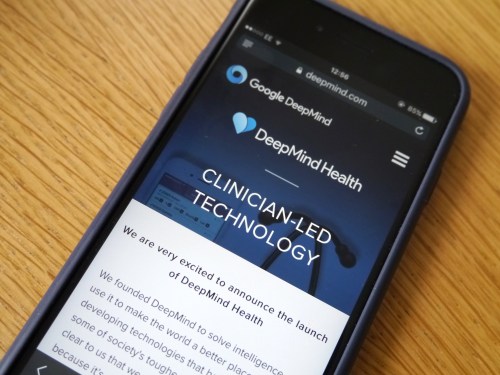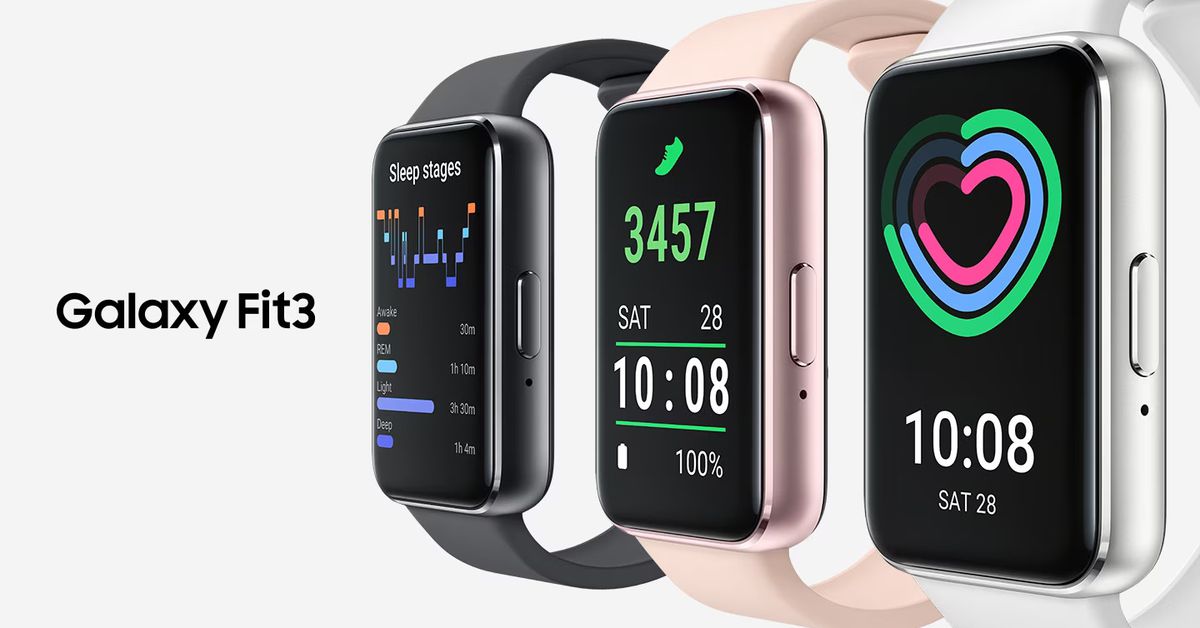Posted:8:46 AM PST · December 11, 2024
Image Credits:DeepMind Streams
Natasha Lomas
Bid to revive UK privacy damages suit against Google DeepMind fails to show class
Another attempt to get a class action-style privacy damages case to stick against Google has failed in the U.K. after the Court of Appeal refused to overturn an earlier dismissal.
The Lawsuit
The lawsuit concerned the misuse of health records for some 1.6 million patients whose information was passed to Google’s AI division, DeepMind, back in 2015 when it was developing an app. DeepMind’s data-sharing arrangement with the NHS Trust was subsequently found to have broken U.K. data protection law. But those involved have faced only reputational damages.
The Judgment
In a judgment on Wednesday, the Court of Appeal underscored the challenges of privacy class claims, pointing back to another unsuccessful suit (Lloyd v. Google) and stating ‘the difficulties of bringing a representative action for misuse of private information’ have, once again, ‘not been surmounted.’
The Economics of Privacy Damages Litigation
The economics of privacy damages litigation only stack up if many individual claims can be bundled together. But the challenge is demonstrating that the same interest applies across the group. And in an age of social media, with people posting all sorts of personal stuff online, this ruling suggests it’s only getting harder.
The Implications
This ruling has significant implications for privacy class action suits in the U.K. It highlights the challenges of bringing representative actions for misuse of private information and underscores the need for individuals to have a clear interest in pursuing a group claim.
A Brief History of Privacy Litigation in the UK
The Lloyd v. Google case, which was cited in the Court of Appeal’s judgment, is just one example of the challenges faced by those seeking to bring privacy class actions in the U.K. The case involved allegations that Google had collected personal data from Android users without their consent.
DeepMind and the NHS Trust
The lawsuit against DeepMind and the NHS Trust concerned the use of patient data for an app called Streams, which was developed by DeepMind’s AI division. The app aimed to improve patient care by allowing doctors to monitor patients’ health in real-time.
Data Protection Law in the UK
In 2018, the U.K.’s Information Commissioner’s Office (ICO) found that the data-sharing arrangement between DeepMind and the NHS Trust had broken U.K. data protection law. The ICO ruled that DeepMind had failed to provide adequate transparency and consent for the use of patient data.
Conclusion
The Court of Appeal’s judgment is a significant blow to those seeking to bring class action-style privacy damages cases in the U.K. It highlights the challenges faced by individuals and organizations seeking to pursue group claims for misuse of private information. As social media continues to play an increasingly important role in our lives, this ruling suggests that the challenges facing those seeking to protect their online rights will only continue to grow.
Related Stories
- Apple board opposes proposal to abolish DEI programs
- Apps
Matt Mullenweg deactivates WordPress contributor accounts over alleged fork plans - Biotech & Health
These startups are making smarter canes for people with visual impairments
Latest in Privacy
- Every smartphone in LA accidentally received a wildfire evacuation alert
- Startups
Flock Safety quietly hired a sitting California mayor. Now he’s suing Flock. - World(coin) must let Europeans comprehensively delete their data, under privacy order



